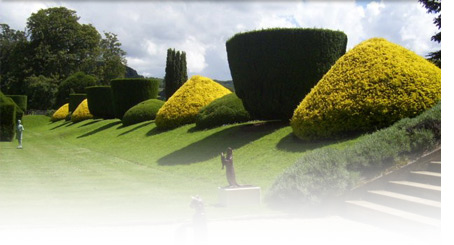
|
|
||||||
NEW Ebook! Growing Palms and Palm Like Plants |
|
NEW Ebook - Growing Palms and Palm-Like Plants This image-rich book will show you ways of using palms that you might not have thought about, help you identify differences between the most commonly cultivated palms and cycad genera and provide a valuable reference for choosing and using palms and palm-like plants across a wide range of climatic conditions. This book explores the diversity of species, the differences in appearance, and the way in which different species might be cultivated. To download a free sample or to purchase, please click here. |
 |
Meet One of Our Adventuring Students! |
|
A Wildlife Adventurer - Meet ACS Student Frances Bell Within a couple of weeks of getting here, I had my first "baby" – little Polar, a white lion cub who came from a breeder friend of the owner. To find out more about the Certificate in Wildlife Management, please see the featured course section below. |
|
Featured Course: Certificate in Wildlife Management |
|
Featured Course: Work with Wildlife! Certificate in Wildlife Management This course is a wonderful foundation that will help you to get started in your wildlife career! Over 600 hours, you will study vertebrate zoology, wildlife management, ecology, ornithology, marine studies I and environmental assessment. These modules have been specifically combined to provide you with a working knowledge of wildlife and their environments. Get started today! To read the full course outline, and to enrol, please click here. If you would like to use our FREE Course Counselling service, please click here - we would love to help you find the perfect course for you. |
 |
| ACS Distance Education Phone: +61 7 5562 1088 | Fax: +61 7 5562 1099 |
E-mail: admin@acs.edu.au Web: www.acs.edu.au |
| ACS Distance Education UK Phone: 0800 328 4723 International Phone: +44 1384 4 44718 Fax: +44 (0) 207 6812702 |
E-mail: admin@acsedu.co.uk Web: www.acsedu.co.uk |





